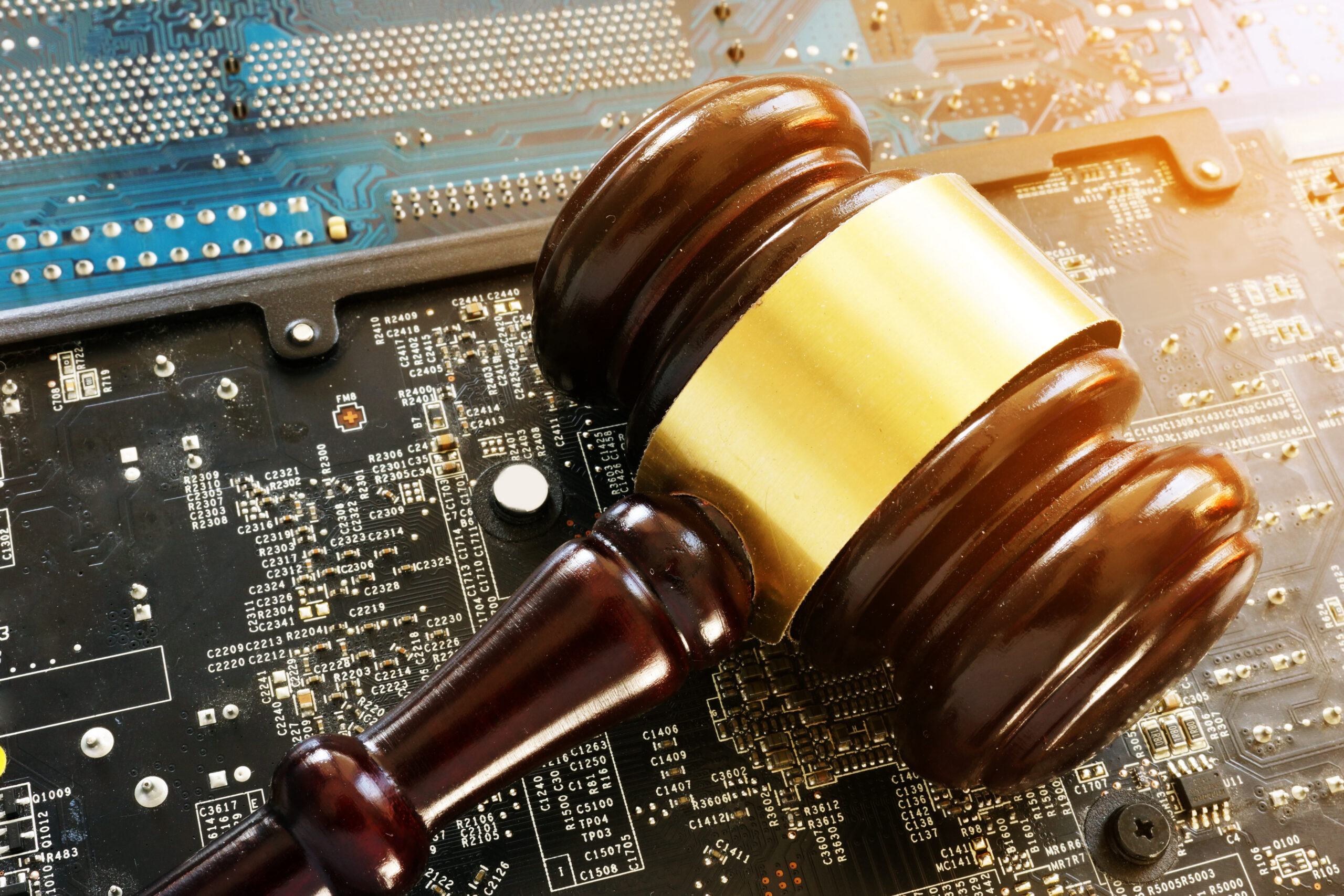G20 Watchdog To Issue Global Rules For Crypto In October
On Monday, the Financial Stability Board (FSB) said that it would come up with a set of global crypto rules in October. This news came after the cryptocurrency market has seen a great deal of turmoil, which has highlighted the need for introducing regulations to oversee this ‘speculative’ and volatile sector.
Recent turmoil prompts regulation
The FSB comprises central bankers, treasury officials, and regulatory authorities that represent the Group of 20 economies (G20). Up until now, it had restricted itself to keeping an eye on the crypto sector, as it said that the market did not carry a systemic risk.
But, this has obviously changed, all because of the recent turmoil that has been seen in the crypto market. It has highlighted just how the space really is and also shed light on the structural vulnerabilities it has. Most importantly, the FSB said that it also disclosed how interconnected the crypto market has become with the wider financial system.
According to the FSB, the failure of just one player in the market not just means hefty losses for investors, but also threatens the confidence of the other players in the market. This gives rise to risks that are also transmitted to other aspects of the cryptosystem.
The TerraUSD collapse
This phenomenon became obvious with the collapse of the TerraUSD (UST) algorithmic stablecoin back in May. The world’s largest cryptocurrency i.e. Bitcoin reached an all-time high value of $69,000 back in November last year. It had come down since then and has now recorded losses of 70%, as it was trading at a value of $20,422 on Monday. Many investors have suffered losses due to its downfall.
But, the collapse of the UST stablecoin and its sister token LUNA rattled markets because the contagion seems to have spread to other companies in the crypto space. This includes names like Three Arrows Capital, Voyager Digital, Celsius Network, and Babel Finance. In fact, the first two companies have now filed for bankruptcy.
The FSB said that if stablecoins are meant to be used as a method of payment, then it is a must to introduce robust regulation for governing them.
Comprehensive rules
The FSB asserted that it would present a set of supervisory and regulatory approaches for stablecoins and other crypto assets to the Governors of Central Banks and G20 Ministers in October. While the authority does not have any lawmaking powers, the organization’s members do implement its regulatory principles in their respective jurisdictions.
The European Union is one of the top members of the watchdog, but the latter is lagging behind the latter when it comes to developing a set of comprehensive rules for crypto regulation. According to the FSB, while crypto assets are primarily used for speculation, it does not mean that they do not need to comply with the rules that exist.
As a matter of fact, there are a number of countries that require crypto companies to comply with anti-money laundering rules.







